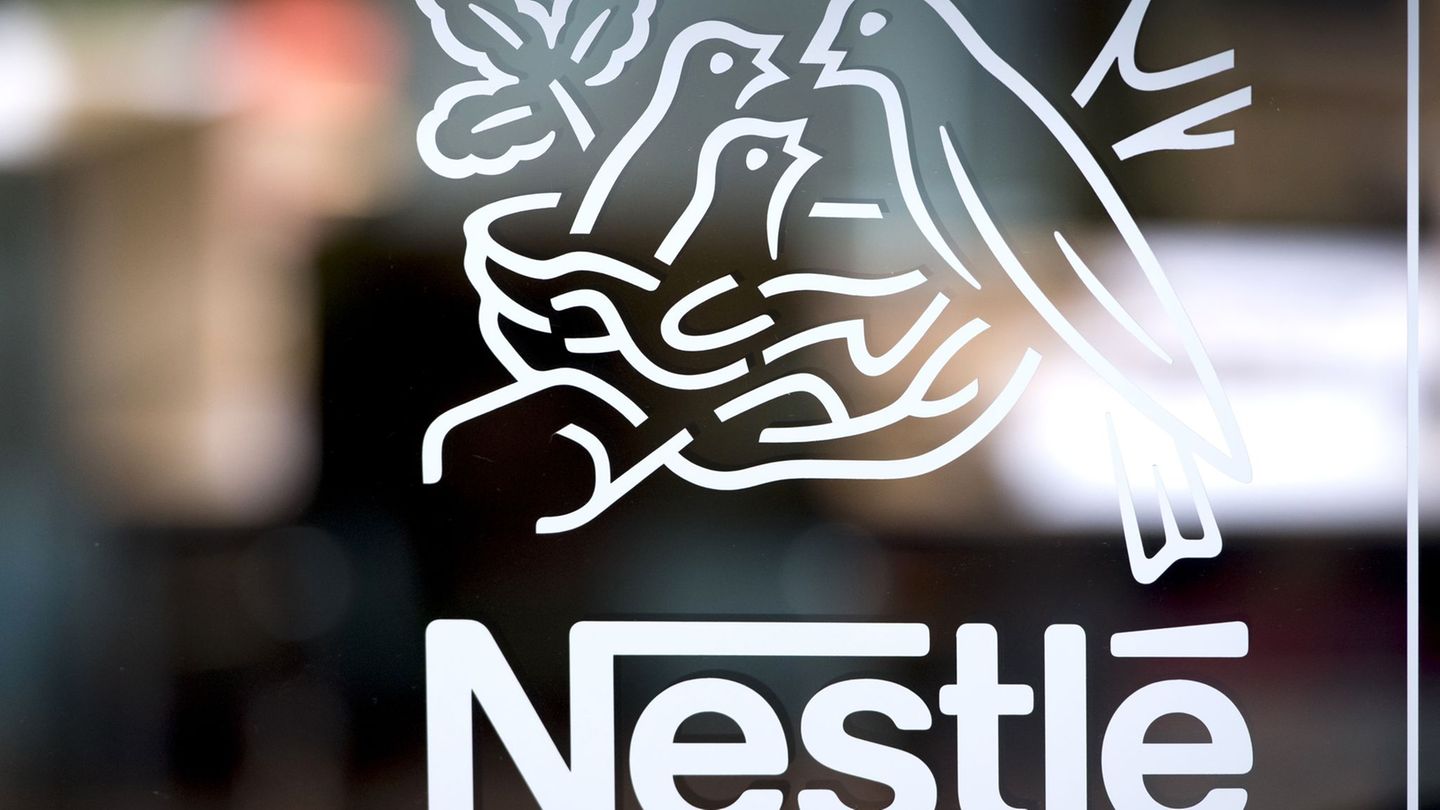Wien Energie’s financial problems have triggered controversial discussions in politics, the energy sector and science. As reported, the company of the City of Vienna this week pumped a possible injection of billions from the federal government in order to secure its speculations on the energy exchanges.
While on the political level the role of the SPÖ, Mayor Michael Ludwig and his City Councilor for Finance is the focus of criticism, on an economic level it is examined what happened to the Viennese here at all.
Wien Energie rejects the accusation that it speculated. It is not unusual when electricity companies enter into futures transactions and thus also hedge risks. This is nothing more than betting on certain prizes. And that is of course speculation.
However, the volume that the Viennese moved could have been the trigger for the surprising need for billions. Colleagues in the industry suspect that the overall package might have been a size too big for them.
The business of Wien Energie
On the one hand, Wien Energie sold electricity in the future and at the same time bought gas and CO2 certificates in the future. Since it generates electricity almost exclusively from gas, this procedure works primarily when the electricity and gas prices develop in unison. Normally you can make quite good money with it. Last week, however, the electricity price rose exorbitantly, the gas price did not. Collateral had to be submitted later for futures transactions on the electricity exchange, and these exceeded Wien Energie’s liquidity to an extent that was completely unexpected for Wien Energie.
The fact that Wien Energie has secured business in this way until 2026 is extraordinary, according to the industry. It suggests that she overestimated herself when it came to volume.
“The situation reminds me a little of intertrading,” says Linz economics professor Friedrich Schneider. At the beginning of the 1980s, crude oil speculation by the Voest trading house almost spelled disaster for state-owned industry because security mechanisms had completely failed.
Schneider does not accept that the development on the market was hardly foreseeable: “Nothing was learned from the financial crisis. Even then it would have been opportune to calculate risk scenarios that would have simulated a default of a third of the mortgages.” And it is piquant that a company in the political sphere of influence has pursued profit maximization so offensively.
Video: At Wien Energie, things are currently like being on a roller coaster. The Neos are now demanding full clarification. Up to ten billion euros in security are needed.
This video is disabled
Please activate the categories Performance Cookies and Functional cookies in your cookie settings to view this item. My cookie settings
Usual or not?
For the head of the economic research institute Eco Austria, Monika Köppl-Turyna, the boundary between normal business and too much risk in speculation is still open. There is still little information, basically it is about “future contracts, a usual hedging on the market”.
The opinion of SP boss Pamela Rendi-Wagner, which she expressed in the ORF summer talks, according to which other energy suppliers had similar problems to Wien Energie, met with little understanding.
The association rejected this and shot sharply against the SP boss. The director of the economic research institute IHS, Klaus Neusser, also said that he was not aware that other companies were in a similar situation.
Economists say there are still a number of unanswered questions. Apparently the Court of Auditors, which wants to audit Wien Energie and its business, sees it that way too. The city of Vienna now wants to initiate an examination. Mayor Ludwig announces transparency after initially leaving the other parliamentary groups in the dark about EUR 700 million in aid for Wien Energie.
Source: Nachrichten




